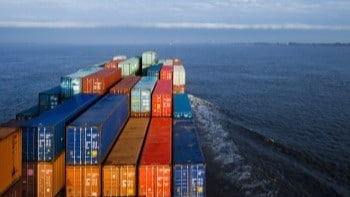Demurrage

.
What is Demurrage?
Charges applied when a container is left in a terminal past its designated "free" time (also called "lay time"). The consignee is generally responsible for any demurrage incurred and must pay the charges in full before they can receive their goods.
Demurrage charges are per container, per day, and vary based on carrier, terminal, warehouse, etc., and will generally be higher for reefer or refrigerated containers.
Demurrage charges can be incurred for various reasons - some that are preventable, and others that are not. Common issues that may delay release of your goods include incomplete or incorrect paperwork, customs exams, force majeure, or shipment disputes.
In instances where you have a less-than-container load (LCL), while you will not be charged demurrage on the full container load (FCL), the carrier may charge a fee based on the space occupied by your goods in the container freight station (CFS) where the goods are deconsolidated. An experienced cargo consolidation team can help you avoid these charges.
Fun fact: "Demurrage" comes from an old French word, "demeurer", meaning "to linger or tarry".
Related Terms
Detention Drayage Drayage Charge Wharfage
Related FAQs
Related Content
-

Freight Services
Whether you’re a seasoned supply chain expert or this is your first time just starting out, we’re here to help.
Learn More
-

International Air Freight
If you're shipping air freight, it's critical. Day-specific, door-to-door service to over 220 countries.
Learn More
-

Ocean Freight
Every day we move ocean freight across 2,300+ lanes. So if you're nervous about going ocean, don't sweat it.
Learn More


